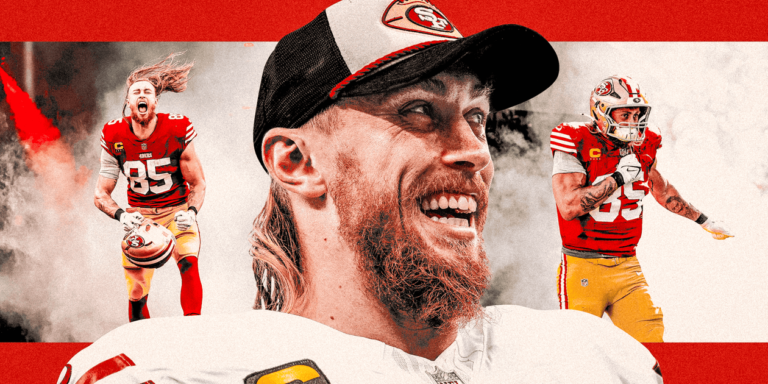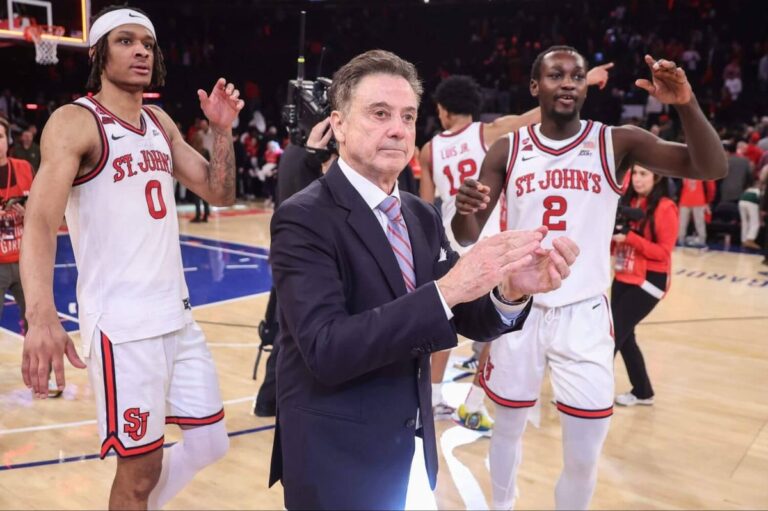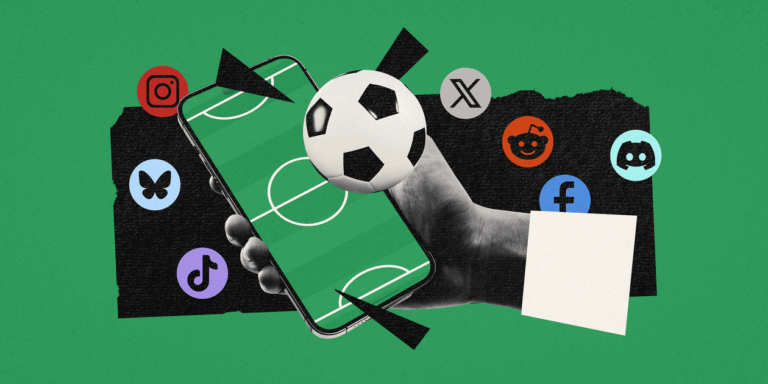Here is the result in plain text:
Patience costs nothing. It requires no advanced degree, special relationships or analytics gurus. Yet I’d argue it’s more important to running an NBA franchise than salary-cap management, scouting or anything else.
With the Suns, the league’s most expensive and short-term-focused team, having cratered out of Play-In Tournament contention after Wednesday’s loss to the Oklahoma City Thunder, we’re witnessing how costly impatience can be. It’s amazing to look back and realize that just three short years ago, the Suns went 64-18, and the Thunder were 24-58.
The Thunder are set up to dominate the NBA for the next decade, while the Suns will be doormats for the foreseeable future. They won’t be strategically bad, tanking for high picks through a short window. They’ll just be… bad… year after year, while other teams net the rewards by drafting future stars with draft picks the Suns gave away.
The one time they went away from this, the since-regretted Gordon Hayward trade, was also a stealth salary dump that greased the wheels for signing Isaiah Hartenstein last summer.
You can see echoes of those choices in the success of the other two teams dominating the league right now, the Boston Celtics and Cleveland Cavaliers. The Celtics, of course, were born from the Brooklyn Nets’ catastrophic impatience, parlaying the rapidly diminishing Paul Pierce-Kevin Garnett core into Jayson Tatum and Jaylen Brown.
Yes, the Cavs jumped at the chance to get Donovan Mitchell, but their success this year owes just as much to the moves they didn’t make — not trading Jarrett Allen or Darius Garland after the last two seasons ended in playoff failure — and fortifying the bench with home-grown 20-somethings such as Dean Wade, Sam Merrill and Ty Jerome.
Meanwhile, the Suns serve as a cautionary tale for the rest of the league. Only Devin Booker remains from 2022: Chris Paul is a Spur, Cam Johnson is a Net, Mikal Bridges is a Knick, and Deandre Ayton is a Blazer.
It’s basically assumed in league circles that the Suns will trade Durant, but in truth, that’s just the first step. Trading Durant is an essential starting point, but he’s 36 and only has one year left on his deal. Even an extend-and-trade scenario won’t net the mountainous haul in picks or young talent that would make you any more optimistic about Phoenix’s future.
That takes us to the next biggest name on the list: Booker. He loves the Valley, and the Valley loves him. But he’ll be 29 on opening day next season and has three years left on his deal. His trade value will never be higher, and at this point, he’d likely bring back more in a trade than Durant would.
What’s the alternative? Doing the Damian Lillard Special and winning 30 games with Booker next year while waiting for him to demand a trade out of a hopeless situation? And what if he either gets injured or starts showing signs of decline, and rivals blanch at paying him $171 million over the next three years? At this point, I’d argue keeping him is far riskier than trading him.
In all likelihood, there is only one truly viable exit point: The Suns have to trade Booker and Durant to the Rockets to get their picks back.
Source link




